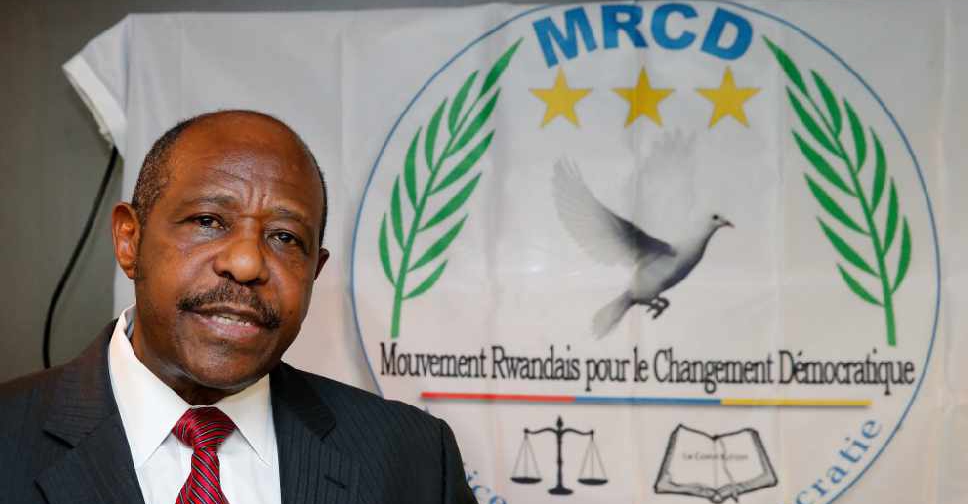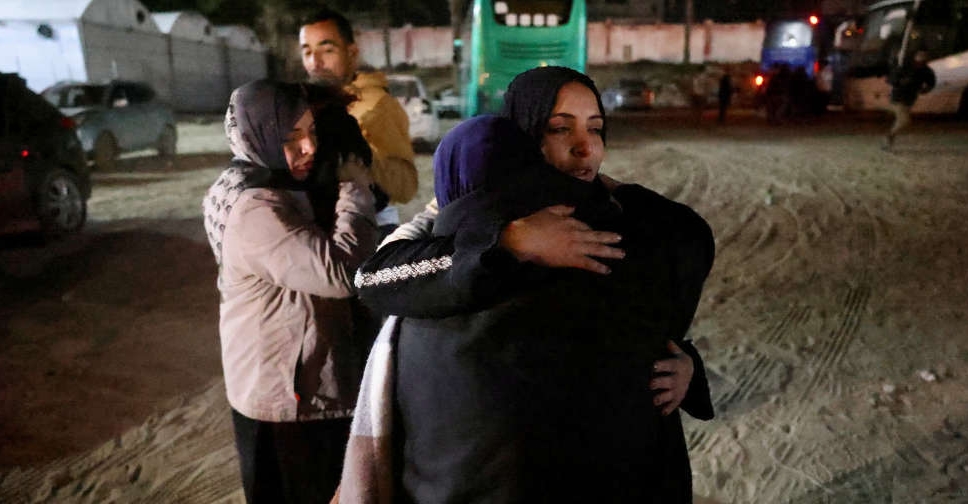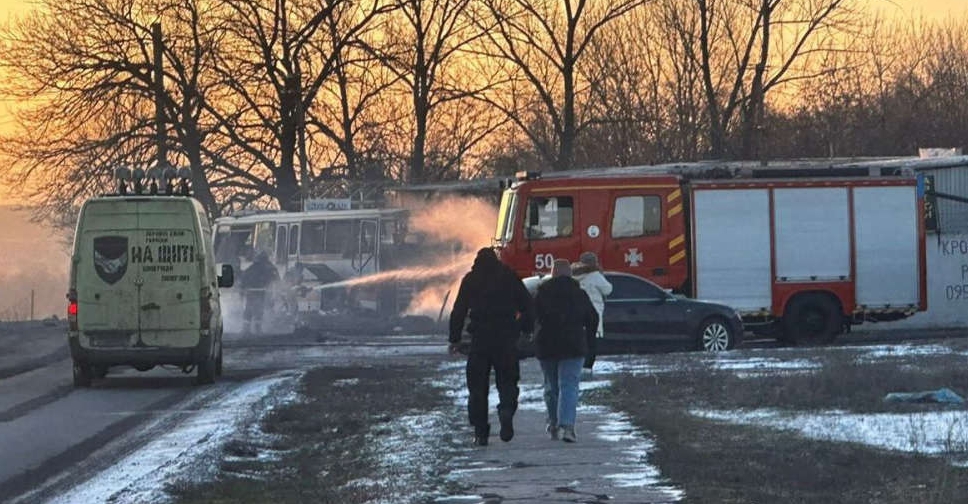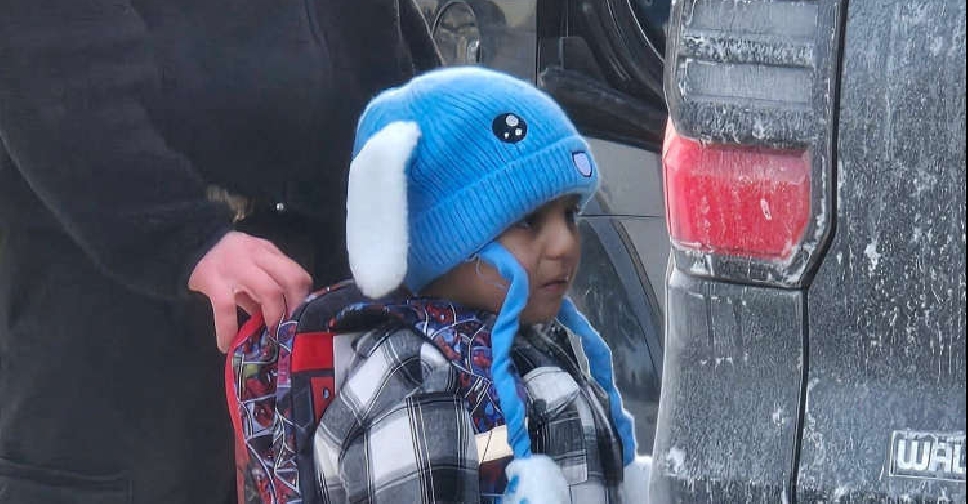
Rwandan President Paul Kagame denied that his government had kidnapped from abroad Paul Rusesabagina, whose widely acclaimed heroism inspired a Hollywood movie.
At a virtual news conference in the capital, Kigali, Kagame did not say exactly how Rusesabagina had been taken into custody but suggested he had been tricked into travelling to Rwanda before he was arrested.
"It was not the case," Kagame said, referring to accusations of kidnapping.
"There was no kidnap. There was no wrongdoing in the process of his getting here. He got here on the basis of what he believed and wanted to do, and he found himself here ... that's how it happened."
Kigali announced Rusasebagina's detention on August 31, parading him before the press in handcuffs.
The country's criminal investigations agency, the Rwanda Investigation Bureau (RIB), has said Rusesabagina will face charges including terrorism, financing terrorism, arson, kidnap and murder.
The Rwandan government has accused Rusesabagina of having a hand in alleged attacks by National Liberation Front (FLN) rebels in southern Rwanda along the border with Burundi in 2018.
A former hotel manager during Rwanda's 1994 genocide, Rusesabagina used his job and his connections with the ethnic Hutu elite to protect Tutsis fleeing the slaughter.
His heroism inspired the Oscar-nominated film Hotel Rwanda, in which he was played by actor Don Cheadle.
Rusesabagina left Rwanda shortly after the genocide and later acquired Belgian citizenship. He has been living in Texas.
His relatives have accused the Rwandan government of kidnapping him.
Rusesabagina has been a strong critic of Kagame's government, whose credit for returning the country to stability after the genocide and boosting economic growth, has been tainted by accusations of widespread repression.
On Thursday, U.S. Assistant Secretary for African Affairs Tibor Nagy tweeted that Washington expected Kigali "to provide humane treatment, adhere to the rule of law and provide a fair and transparent legal process."
About 800,000 Tutsis and moderate Hutus were killed in 100 days in the central African nation in 1994.
Soldiers of the then-Hutu-led government and ethnic militia allies orchestrated the genocide in which victims were hacked to death with machetes, burned alive or shot.




 Slow movement at Gaza border after Israel reopens Rafah crossing
Slow movement at Gaza border after Israel reopens Rafah crossing
 US to cut tariffs on India to 18%, India agrees to end Russian oil purchases
US to cut tariffs on India to 18%, India agrees to end Russian oil purchases
 Son of Norway's crown princess stands trial for domestic violence
Son of Norway's crown princess stands trial for domestic violence
 Israel reopens Gaza's Rafah border crossing to Egypt, with limits
Israel reopens Gaza's Rafah border crossing to Egypt, with limits
 US envoy Witkoff to visit Israel, meet Netanyahu, Israeli officials say
US envoy Witkoff to visit Israel, meet Netanyahu, Israeli officials say
 Russian drone strike kills 12 miners in Ukraine
Russian drone strike kills 12 miners in Ukraine
 Singapore to launch space agency in response to global investment surge
Singapore to launch space agency in response to global investment surge
 Five-year-old boy returns to Minnesota after ICE release
Five-year-old boy returns to Minnesota after ICE release




